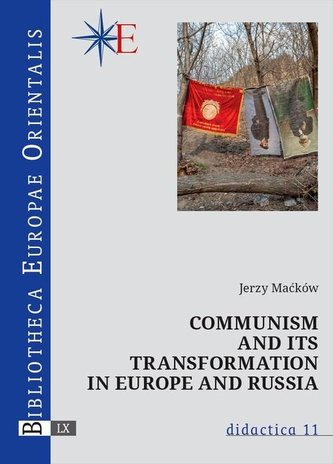Communism and its transformation in Europe and Russia
244 Kč 267 Kč
Ciekawe spojrzenie na czasy komunizmu w Europie i Rosji, jego transformację oraz rolę elit politycznych w tym procesie. Autor przybliża ideologię, omawia pojęcia oraz wytyka słabości \"nowych demokracji\".
\nAutor przypisuje elitom kluczowe, czy wręcz rozstrzygające znaczenie w tworzeniu demokratycznych instytucji i konsolidacji reguł funkcjonowania demokratycznych mechanizmów. Zwraca uwagę, że do udanej demokratyzacji przyczyniła się nie tyle wymiana elit (w niektórych państwach miała ona bardzo ograniczony charakter), ile przyjęcie przez nie zasady samoograniczenia, akceptacja pluralizmu politycznego i zasady zmiany władzy w wyniku w miarę uczciwej konkurencji wyborczej. Tam gdzie elitom takiej „chęci do demokratyzacji” zabrakło, a więc przede wszystkim w państwach postsowieckich, doszło do instytucjonalizacji rządów autorytarnych. Z drugiej strony wskazuje na szereg słabości właściwych elitom politycznych „nowych demokracji”, takich jak: oportunizm, uwikłanie w nieformalne układy i powiązania, brak profesjonalizmu i podatność na to co nazywa „popularnymi ideologiami”. Najgroźniejszy mankament „nowych demokracji” widzi jednak gdzie indziej – w niestabilności systemu partyjnego.\n(Dr Witold Rodkiewicz; Ośrodek Studiów Wschodnich im. Marka Karpia (OSW), Studium Europy Wschodniej, Uniwersytet Warszawski)
\nThis is a masterful summary of the communist process and the transition. The summary of communism is remarkable as it lays out the basic theories and elements of communism and its development, each of which has been the topic of a number of significant theories and books. So, for students of this area, it is an accessible and masterful summary of the issues particularly of the communist era in this area of the world. The major problem is that it lays out the terms without dealing with cases. Obviously, this “comes with the territory” of doing a summary of the literature. In the initial chapters, I kept thinking “Wow, this really lays out all the theories.” As it went into issues of public opinion and responses as well as the economy, I had the feeling that I needed more empirical data on, for instance, how people saw communism and then the transition and how that differed from country to country.\n(Prof. Jane Curry; Santa Clara University, visiting professor at the Centre for East European Studies, University of Warsaw)
\nJerzy Maćków has written a theoretically sophisticated and empirically grounded study of communist totalitarianism and the changes it underwent to produce authoritarianism and democracy. In constructing a persuasive theory of post-communist transformation that is based on institutional, political, cultural, and historical factors, Mackow makes an important contribution to our understanding of communism and of the political systems that emerged from it.\n(Prof. Alexander Motyl; professor of political science, Rutgers University-Newark)
\nJerzy Maćków (born 1961) – studied Political Science, Philosophy and History in Poznań and Hamburg (there his teacher was Winfried Steffani). He worked at the University of the Federal Armed Forced in Hamburg and at the Viadrina-University in Frankfurt/Oder. Since 2002 he holds a Chair for Comparative Politics at the Institute for Political Science of the University of Regensburg. His research focuses on nations, societies and political systems in East Central and Eastern Europe. \nResent books: \"Autoritarismus in Mittel- und Osteuropa\" (2008, editor) and \"Ukraine-Krise als die Krise Europas\" (2016).
\n| Autor: | Macków, Jerzy |
| Nakladatel: | Wydawnictwa Uniwersytetu Warszawskiego |
| ISBN: | 9788361325857 |
| Rok vydání: | 2021 |
| Jazyk : | Angličtina |
| Vazba: | pevná |
| Počet stran: | 147 |
-
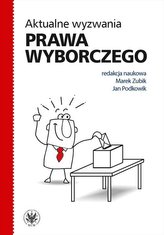
Aktualne wyzwania prawa wyborczego
-
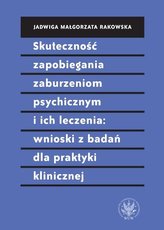
Skuteczność zapobiegania zaburzeniom ...
Rakowska Małgorzata Jadwiga
-
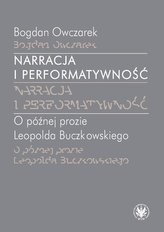
Narracja i performatywność
Owczarek Bogdan
-

Kupiec wenecki
Shakespeare, William
-
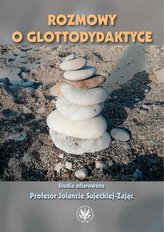
Rozmowy o glottodydaktyce
-

Dziennik 1915-1917
Wielhorski Władysław
-

Język polski w Chinach Z doświadczeń ...
-
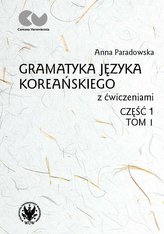
Gramatyka języka koreańskiego z ćwicz...
Paradowska Anna
-
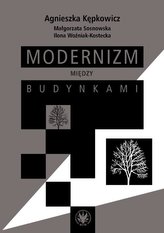
Modernizm między budynkami
Agnieszka Kępkowicz
-

Zdrowie i życie seksualne Polek i Pol...
Izdebski Zbigniew
-

Rewolucja plenerowa XVIII wieku?
Pienkos, Andrzej
-
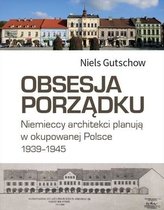
Obsesja porządku.
Gutschow, Niels
-
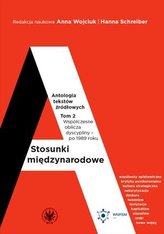
Stosunki międzynarodowe Antologia tek...
-

Przekład jako aneksja kulturowa dzieła
-

Topografia wyobraźni anhellicznej Mod...
Chilińska Milena
-
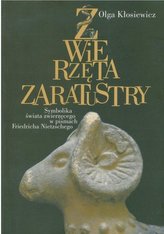
Zwierzęta Zaratustry Symbolika świata...
Kłosiewicz Olga




